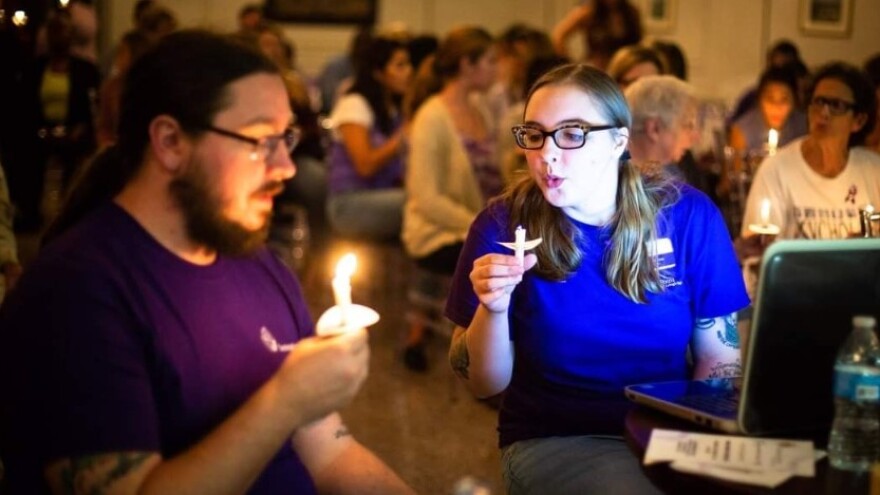ALLENTOWN, Pa. — When Rachel Farrow was 17 years old, she said, she started acting like something was wrong.
The year was 2011, when Farrow was a senior at Parkland High School. She had been an honor roll student who was well-dressed, social and active, she said.
“I [started to] come in pajama pants, in a hoodie with long sleeves in the summer,” Farrow said. “I stopped doing my makeup. I was always exhausted. My grade-point average dropped from a 3.6 to like a 2.2.
“And suddenly, the things that mattered to me completely just stopped mattering.”
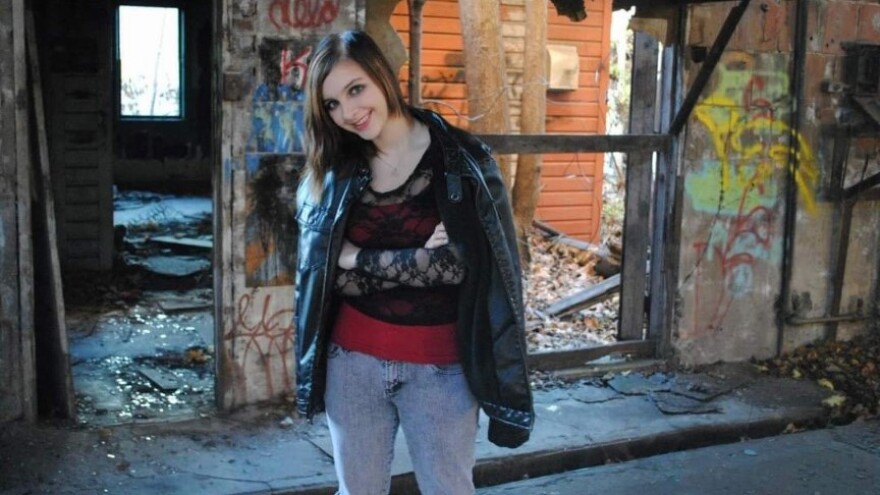
Farrow said after her home life rapidly deteriorated, she moved in with her boyfriend at the time — and then that relationship became abusive.
For three years, he emotionally, financially and sexually abused her, she said. When she first tried to leave, he physically abused her.
Farrow is far from alone when it comes to being a survivor of abuse in her teenage years, officials say.
A 2021 literature review by the U.S. Office of Juvenile Justice and Delinquency Prevention says that up to 19% of teens experience sexual or physical dating violence, about half face stalking or harassment and as many as 65% report psychological abuse.
Farrow escaped that relationship and later spent five years as a professional advocate for victims of domestic violence. She moved back to Parkland School District in 2021 with her husband and her 3-year-old son.
Now, she is advocating for the district to do more to educate its students on the dangers of abusive relationships and how to spot the warning signs.
Farrow said it was the recent case of another young woman that prompted her to action.
'So that it can't happen again'
Farrow said memories of her abuse were triggered when she read about the case of 16-year-old Rianna Glass and her mother, Rosalyn Glass.
Prosecutors say Rianna Glass’s ex-boyfriend John Bradley killed the mother and daughter in their North Catasauqua home on Sept. 14 after learning Rianna Glass was dating someone else.
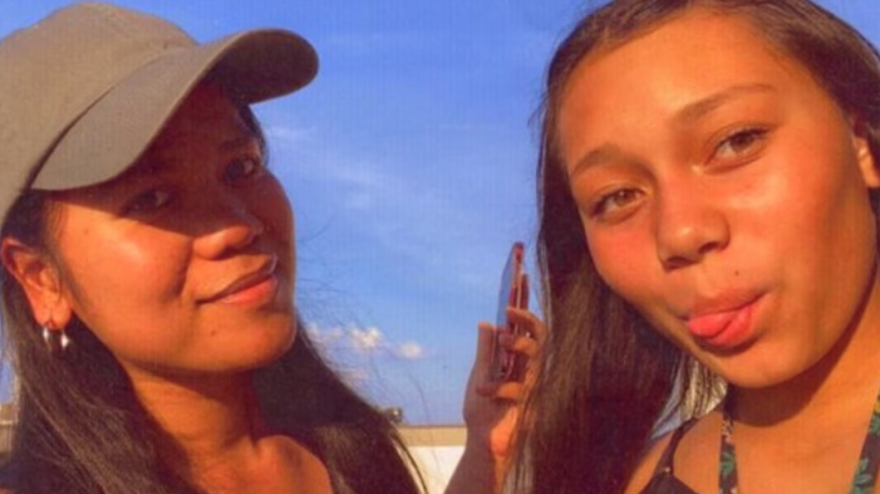
Bradley was a student at Parkland High School, where Farrow attended.
Farrow said there are similarities between her experience and that of Rianna Glass.
“I was a little bit older than her, I was 17," Farrow said. "I lived with my own single mom in the Valley. I was in a relationship, you know, just like that.
“I actually reached out to a fellow survivor that I knew that also went through a teen dating violence situation. It just makes us feel, almost like, survivor's guilt, because we're the lucky ones.”
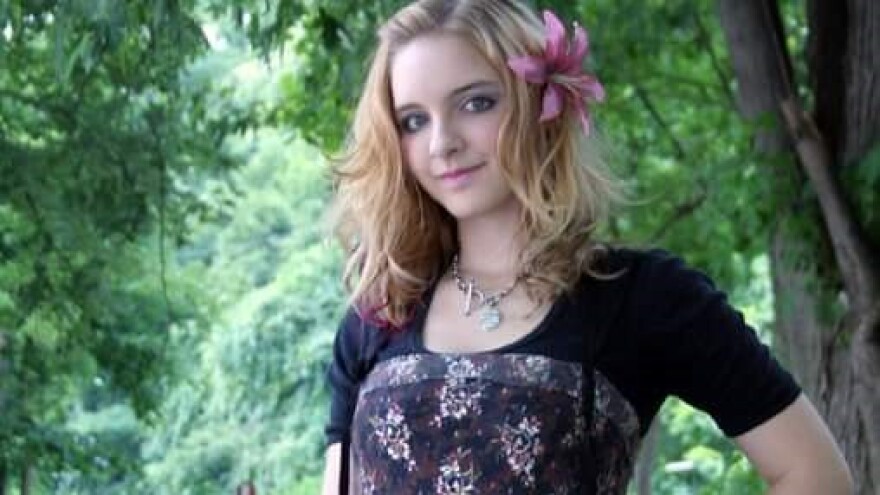
Most of all, Farrow said she wondered how teen dating violence could keep happening.
“It makes me feel powerless to the fact that maybe I could have done something to stop it,” Farrow said.
“But then the reality is that with my voice, my experience, my story, I'm able to share what I'm able, to maybe make a change so that it can't happen again.”
Teen dating violence and abuse
Experts say that in general, relationship abuse is a pattern of behaviors used to gain or maintain power and control over a partner.
It doesn’t just happen in romantic relationships — any type of intimate relationship can fall into a pattern of abuse, they say.
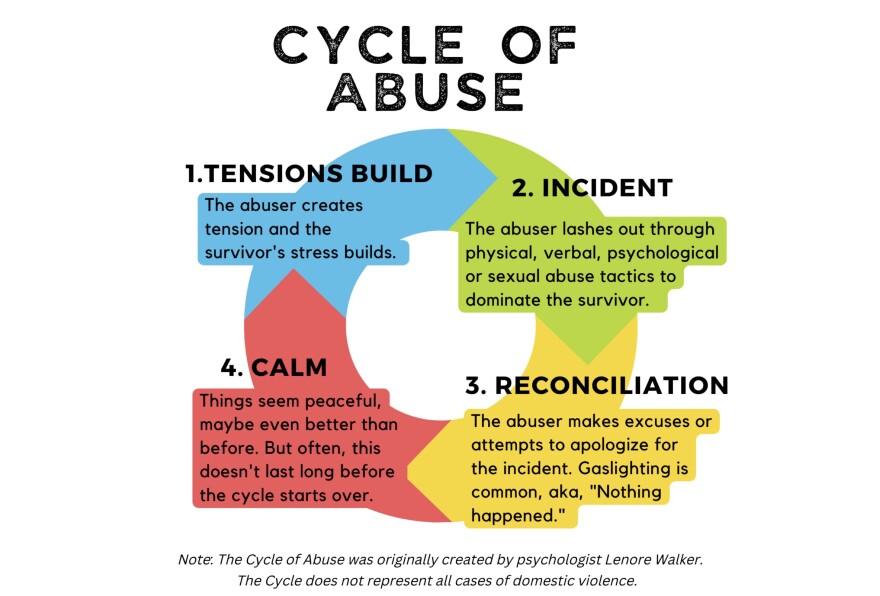
Behavior does not have to be violent to be considered abuse.
Other forms of abuse include verbal, emotional/psychological, sexual and financial, according to the Pennsylvania Coalition Against Domestic Violence, or PCADV.
Verbal abuse and emotional abuse often are used together, according to PCADV. Abusers may yell or scream at their partners, humiliate them and make demeaning comments about a victim’s physical appearance, intellect or worth.
Financial abuse happens when an abuser does not let their partner have control over their finances, using tactics such as not letting the victim have their own money, interfering with employment and ruining credit.
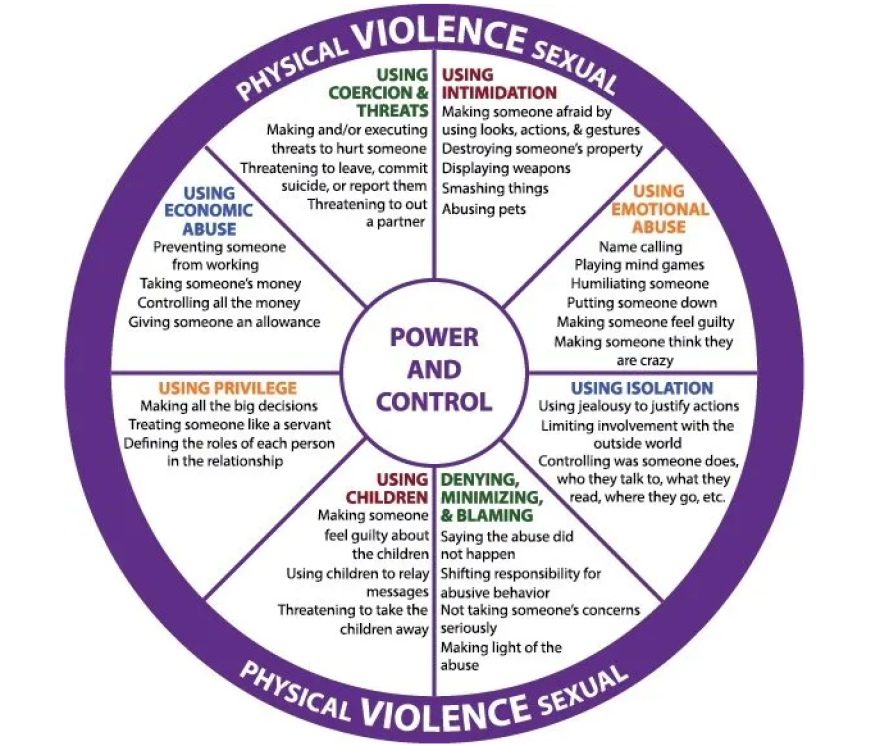
Braley Veras, children's advocacy director at Turning Point of Lehigh Valley, said many people think relationship abuse is more drastic for adults than teenagers.
But he said he's worked with both teens and adults, and abuse can look the same, regardless of age.
“The same things adults are going through, teens are going through as well,” Veras said.
“It's a problem that is happening all across the country. We just want to make sure that people really understand that it is a problem. We should not dismiss it.”
Teen Domestic Violence Fact Sheet by LVNewsdotcom on Scribd
What parents of teens need to know
Methods of collecting information about teen dating violence and abuse vary, making it difficult to know exactly how many experience it.
The U.S. Office of Juvenile Justice and Delinquency Prevention literature review says teen girls are more likely to face sexual or physical dating violence, but both boys and girls are equally likely to face emotional or psychological abuse.
LGBTQ teens are more likely to face physical abuse than their peers, according to the review.
Abusive partners can also use tactics of abuse that are specific to LGBTQ people, such as withholding gender affirming care or using slurs, according to PCADV.
PCADV Director of Communications Lauren Duff said that in a 2009 study, 82% of parents felt confident they would recognize the signs if their child was experiencing dating abuse.
But 58% couldn't correctly identify all the warning signs, Duff said.
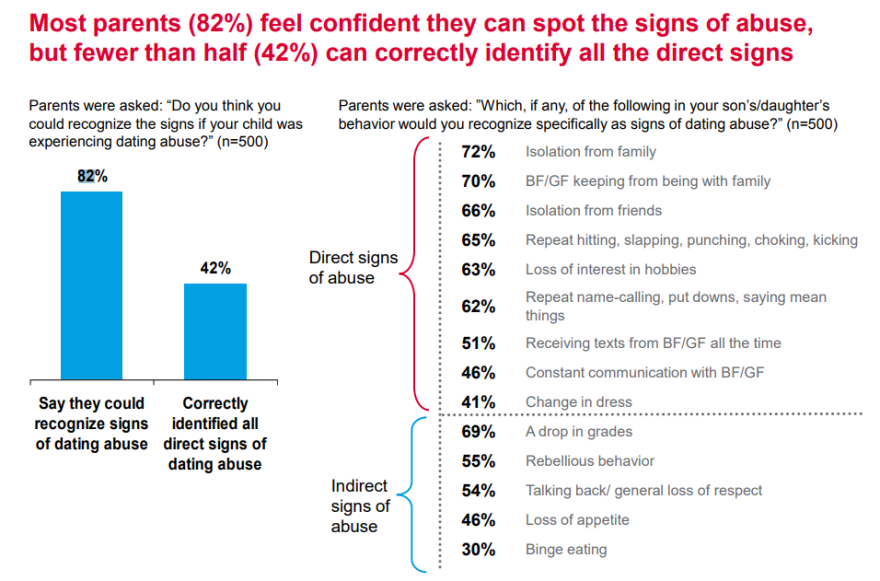
Duff said parents learning about those signs and how to talk about abusive behaviors can be life changing.
“Having someone that they can trust to talk to and who understands what healthy relationships are supposed to look like and can give them solid advice can be really big,” Duff said.
Some signs that teens are being abused are withdrawing from parents and caregivers, becoming more isolated from friends and slipping away from normal habits and routines, Veras said.
“When parents see that, their immediate reaction may be to kind of question it,” Veras said.
“But it’s being able to be a supportive adult to that teen and just, in a non-judgmental way, provide that support and allow them the space to speak when they're ready to talk about it.”
Advocating for district action
Farrow said even when she was at her worst, her teachers and her friends did not intervene — likely because they didn’t realize what was happening.
“I didn't have anyone telling me, ‘Hey, there's resources, what you're going through isn't normal, this isn't safe.'" Farrow said. "I was trying to navigate this as a 17-year-old pretty much entirely by myself.
“If I had had a friend that had the knowledge, they could have been like, ‘Hey, Rachel, this isn't right. Here's someone that can talk to you about getting you help. You shouldn't have to deal with this. This isn't normal.'”
In September, Farrow went to Parkland School Board to ask it and the administration to let Turning Point of Lehigh Valley — her former employer — present its curriculum to Parkland students in middle and high school.
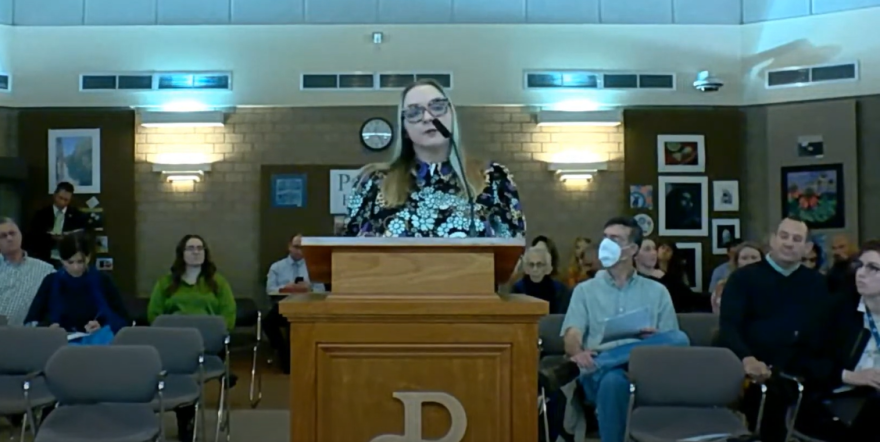
“It costs nothing, it costs no taxpayer dollars, and trained advocates with hundreds of hours of training will come in to teach the students valuable skills,” Farrow told the board.
“That information would have been absolutely incredible the earlier I could have got it. It could have changed the trajectory of my life.”
Veras said Turning Point’s school programs teach kids what healthy relationships look, sound, and feel like, as well as where to find help.
“When we give these kids these tools, they're able to kind of analyze their relationships and say, ‘I feel stuck, I feel scared, I feel unsafe, and in healthy relationships, I shouldn't feel stuck. I should feel free,’” Veras said.
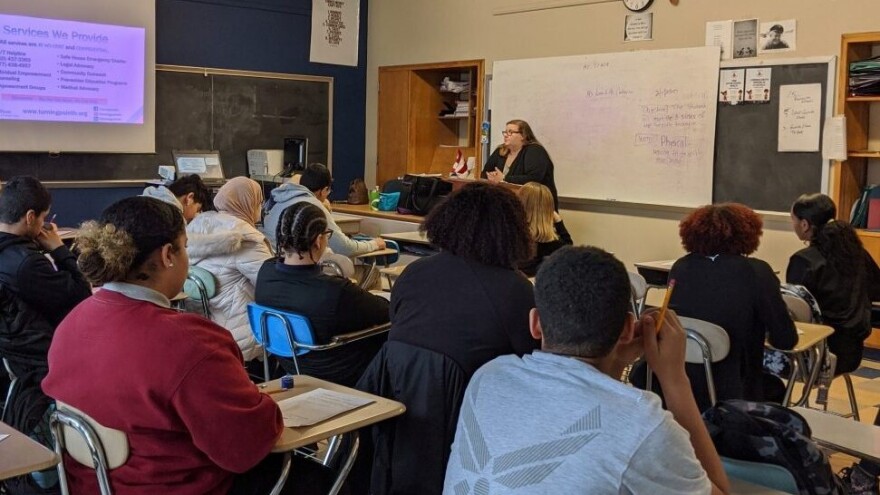
'Healthy relationships, healthy choices'
Parkland Director of Student Services Matthew Carlson said in an emailed statement that the district “teaches about healthy relationships and healthy choices” in the students’ health classes.
Carlson said in senior year, the health class has a unit that covers characteristics of unhealthy relationships, types of abuse and consent.
He said Parkland holds a Community Resource Fair and Health and Wellness Symposium every year. Turning Point presented during that event last year and was invited to do so again.
“As with all of our programs and classes, we are always looking for ways to improve services for students through our programming and community partnerships."Parkland Director of Student Services Matthew Carlson
Carlson said school counselors and the district’s various community partners also can support students' health and wellbeing.
“As with all of our programs and classes, we are always looking for ways to improve services for students through our programming and community partnerships,” Carlson said in the email.
Parkland Superintendent Mark Madson said at the September meeting that the district is looking into other ways the district could address the issue, but no official action has been taken.
Veras said Turning Point is looking forward to potentially increasing its partnership with the Parkland School District.
A broader approach?
Senior Training & Technical Assistance Specialist at PCADV Denise Scotland said that when it comes to offering support and help for those who are abusing and want to learn how to engage in healthier relationships, the “whole movement is failing.”
Scotland said her position is uncommon in the field, but she believes advocates should offer support to both sides of the issue.
“I'm not saying that survivors are in any way responsible for the abuse that's occurring to them,” Scotland said.
“I'm saying that the movement and society owe a responsibility to those who really do want to stop using abuse within their relationships to have that help that they might want.”
Veras said education about healthy relationships can help prevent teenagers from engaging in abusive behaviors. He said oftentimes, teenagers will repeat patterns they see in their homes or in their communities.
“They think, ‘Well, this is the way it's supposed to be, because this is what I saw,’” Veras said. “So that education piece is so important, because it gives them a different way.”
Turning Point also runs empowerment groups during the school year for teenage boys and girls to learn about self-love and healthy relationship behaviors.
'Domestic violence thrives in silence'
Duff and Scotland said PCADV is looking to expand its programming beyond education into larger systemic issues like economic and racial inequality.
“We've learned that just doing individual intervention, and just teaching curricula at school is not the way to go,” Scotland said.
“There are too many systemic issues that are impacting whether or not someone chooses to abuse and whether or not someone who's being abused can get the help that they need.”Senior Training & Technical Assistance Specialist at PCADV Denise Scotland
“There are too many systemic issues that are impacting whether or not someone chooses to abuse and whether or not someone who's being abused can get the help that they need.”
But PCADV and other domestic violence prevention organizations are having difficulty providing even basic resources to survivors because of a lack of funding, Duff said.
Duff said even though the organization is looking to expand its programming, education will always be an important part of the work.
“Domestic violence thrives in silence,” Duff said.
“And if we aren't talking about it, if we aren't educating people that it's more than physical abuse, and that it's really a pattern of power and control and coercive behavior, then the misconceptions are going to continue.”
Farrow said one common misconception is that teen dating violence and abuse does not happen in affluent school districts like Parkland, or that it only happens to teenagers who are already struggling in some way.
"I was an honor student, I was a go getter. I received scholarships," Farrow said. "And I 100 percent fell susceptible to DV" or domestic violence.
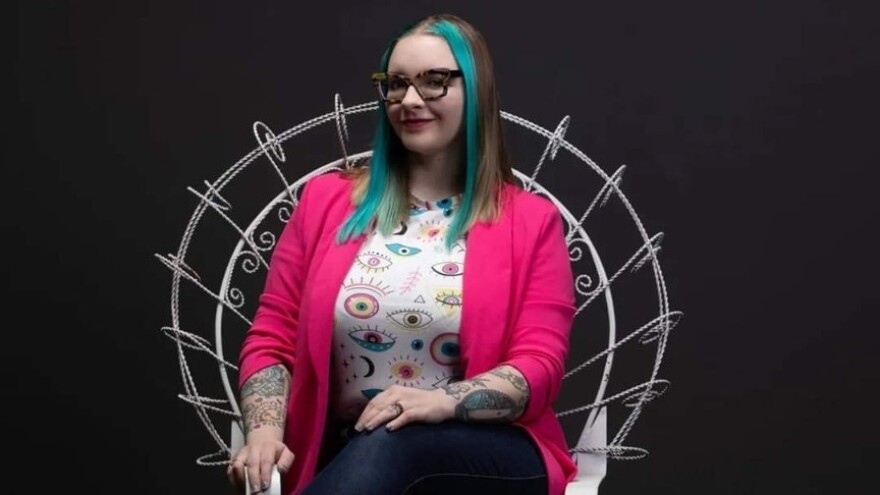
"Nobody is immune to it. And that's the big takeaway, that in a place like Parkland, it would be very naïve to think that it doesn't happen there. Because it does. It absolutely does."
Bradley has been charged as an adult on two counts of criminal homicide for the murders of Rianna and Rosalyn Glass. He waived his right to a preliminary hearing on Nov. 9 and is next scheduled to go before a judge in January for a formal arraignment.
If you or someone you know feel unsafe or stuck in a relationship, call the Turning Point of Lehigh Valley's 24 hour helpline at 610-437-3369 in English and Spanish.

